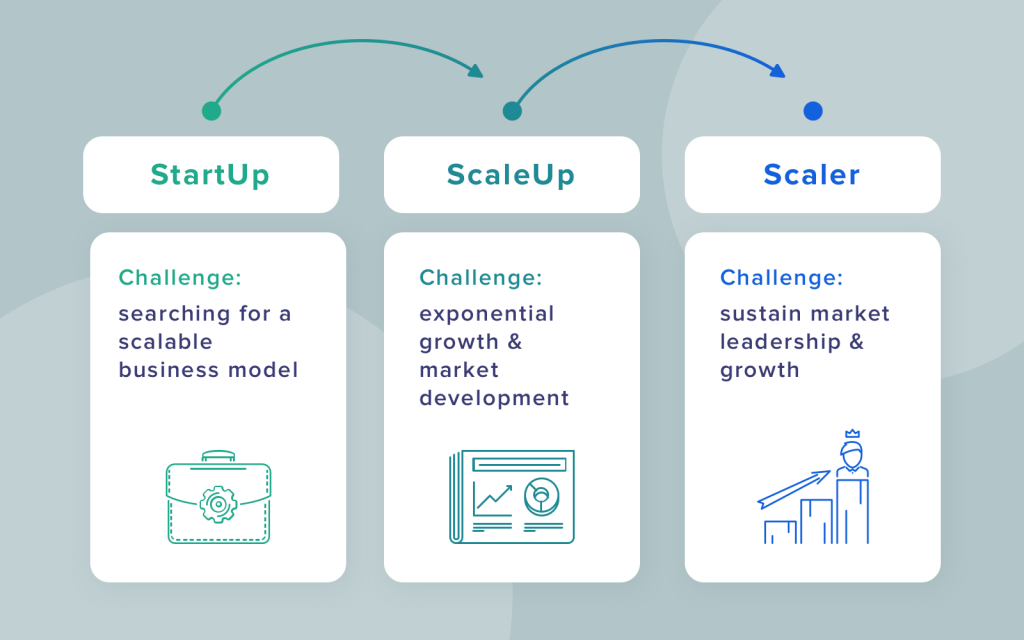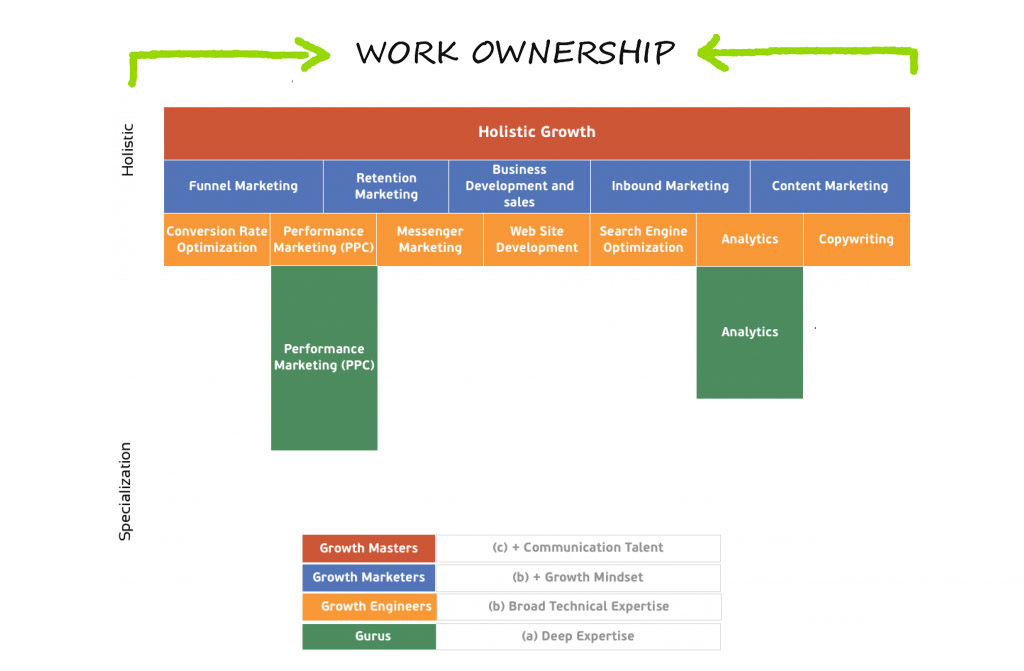We will discuss errors in this blog article, as well as those red flags that sound when your gut tells you they should. With this checklist, we hope to assist any entrepreneurs who may be having trouble at first.
1. Simply Carrying Out the Original Concept
Because entrepreneurs are not prepared to put them into action, great startup ideas fail.
Only hard effort can create a firm; a nice plan or idea cannot. Ideas remain only ideas if there is no execution. They have no value. The people who came up with such concepts are what count; they are the forces driving their implementation.
2. Too Soon, Too Big, and Too Fast
You can always tell a startup will not endure long when it releases a variety of distinct products and MVPs (Minimum Viable Products). Making an MVP is challenging for many budding business owners, costing them important time and money. Additionally, the startup might toss away both the commodity and the office key if the plans are excessively ambitious and lack the requisite demand.

The first emphasis should be on simple and fundamental upkeep. You can introduce additional goods and services later if you have already developed what you are able to call an ‘established brand’. Give your audience some time to get accustomed to your brand, and be patient.
3. Inefficient Marketing Techniques
We know because we have witnessed a lot of them. Without a solid marketing strategy, the large majority of businesses would struggle to thrive in the current market, let alone new startups and small businesses. Your business model will also be influenced by your marketing strategy.
Effective building toward building brand awareness should be high on each and every startup founder’s priorities list because promotion should be the foundation of a successful firm. New business owners undermine their own attempts and the success of their products by failing to have advertising costs or strategy.
How can you provide value to someone if they cannot receive it? The main issue is exactly that.
4. Not Having an Advisor
Among the best signs that somehow a startup will inevitably fail is a refusal to take advice.
It is one thing to disregard constructive criticism, but it is detrimental to disregard the advice of businesspeople who have already overcome the challenges you are currently facing. You can learn a great deal, avoid potential mistakes, and, if it is still possible, alter the company’s direction by paying attention to the input you receive.
It might be a good idea to collaborate with a startup marketing agency or a startup consulting firm.
And, in case your startup is a SaaS, consider working with a SaaS consultant for your startup.
5. Not Defining Your Audience
The lack of a clearly defined target audience is another factor that might cause startups to fail. Defining your target too broadly may wind up creating more issues than solutions. It will be simpler to locate and promote your niche’s potential to clients if you are aware of them.
Start by focusing on a smaller area, both geographically and demographically. Begin by reaching out to a smaller number of individuals and as your brand gains more credibility, progressively widen your audience.
6. No Website
In connection with a previous item… Many business owners believe that a webpage is redundant in this mobile-first era. Businesses need to understand that, rather than searching in app stores, users will conduct an online search immediately after hearing a company’s name.
A new company, i.e. startup, must focus on drawing in more clients in order to establish a solid customer base. You are passing on a fantastic marketing opportunity if you decide to go without creating a website. Lack of an online presence or even an improperly designed website may be the distinction between a startup company surviving and floundering. The best approach to get a site up is through a responsive website builder, however, not all of these will provide the quality you require. The major players on the market, i.e. builders that offer the greatest templates, features, and overall user experience are tested and their rates are laid out for you to check them.
All in all, websites are an affordable way to connect with people. Your potential consumers can contact you 24/7 from anywhere in the world if you have a great website.
7. Absence of the Proper Team
The improper partners or staff can not only impede your growth but can completely destroy your brilliant business idea. Find people who share your aspirations and who think and act in ways that are similar to your own. Although they do not have to be exact duplicates or clones of you, search for the qualities you value in a member of the team (that you might be lacking or must work on), while still seeking those who share your beliefs.

However, you should not be egotistical. Employees are not the company’s founders or its primary business partners, so you must realize that they will not always be available to satisfy your needs, especially if you cannot afford to pay them well at the outset. Have respect for their privacy and establish certain guidelines.
Investors frequently invest in the team rather than the idea itself because of their knowledge, chemistry, and desire for growth and work.
8. Focusing on the Wrong Questions
Young business people sometimes concentrate on presenting grandiose ideas and addressing difficult challenges, but this approach frequently fails because customers prefer straightforward solutions to straightforward problems.
Even though it is a wise idea to target a specific group of individuals with your product, you should never forget that people are seeking simplicity and straightforward solutions. So rather than trying to figure out how to transform humanity, start small and once you have the means and the necessary exposure, start something that could catapult you to the top of your field.
9. Modifying the Idea
The biggest error that founders make is falling head over heels for their concept and refusing to modify some of its flaws. Startups must pay attention to the market, which determines what succeeds and what fails, and adjust their strategies accordingly.
Try everything out! Test your audience, product, pricing, and channels right away, and then make changes—or even a pivot—based on the input you receive. Validation is crucial.
10. Making a Hasty Exit
Possibly the most frequent mistake made by business people is this one. Startup entrepreneurs frequently retire early, as soon as they face their initial challenges, rather than overcoming them and making prudent use of the capital they have set aside.
Budding entrepreneurs will have to learn how to take even negative answers at first since perseverance and being able to overcome adversity are essential to success. The major factor separating failed and successful businesses is the startup owners’ positive outlook and perseverance.
Conclusion
Keeping constant, adaptable, and active is the finest advice we can offer, as you will notice at this point. To make your startup scale, be diligent, take your time, start out with modest things, identify your target market, and start communicating with them. And always remember to validate everything!
Oh, and do not overlook your marketing plan! Your startup will fail without it.

Theodore has 20 years of experience running successful and profitable software products. In his free time, he coaches and consults startups. His career includes managerial posts for companies in the UK and abroad, and he has significant skills in intrapreneurship and entrepreneurship.



